Cheap Ticket Alerts
Get notified by email when TransPennine Express Advance tickets go on sale
What’s more, current government guidelines to stop the spread of Covid-19 mean it’s currently compulsory to wear a covering (unless exempt) when you hop on any public transport or visit any public transport hub. But what exactly do face coverings do and why should you be using them?
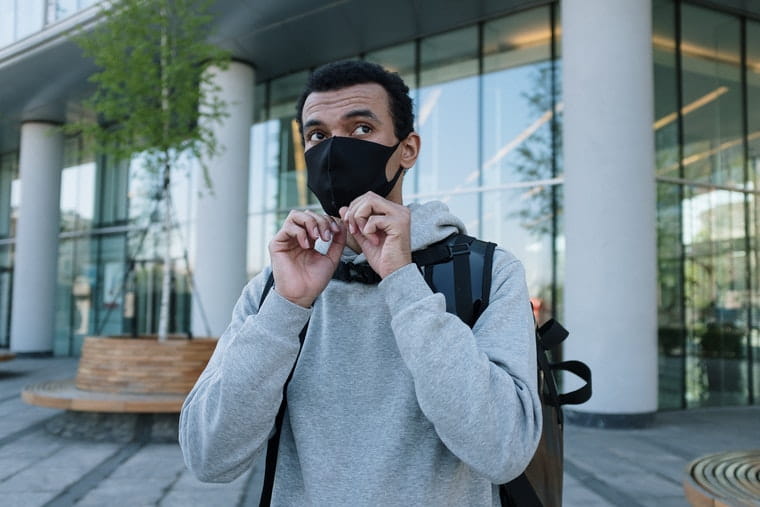
Put simply, the main purpose of putting on a face mask when you leave your home (and especially if you travel on public transport) is to keep yourself and people around you safe.
Face coverings work by limiting the spread of airborne droplets that come out of your nose and mouth when you do things such as breathe, talk, cough or sneeze. Without a covering, these not only spread through the air, but can also contaminate surfaces which others may later touch. As many people can be carriers of coronavirus without knowing it, it’s vital that we cover our noses and mouths when we’re in close proximity.
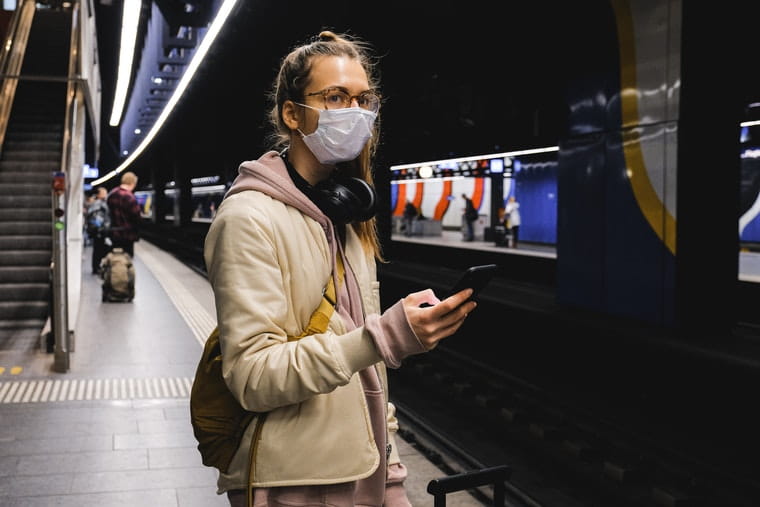
The primary aim of a face covering is to protect those around you and yourself from becoming ill. If everyone follows the government guidelines, wears a mask when travelling on public transport and keeps their distance, we all have a greater chance of staying healthy and free from infection!
To offer the maximum amount of protection, you need to make sure that your face covering – whether that’s a mask, a scarf or a handmade item – is properly covering up your nose and mouth.
If you’re setting off on a long journey, remember that you’ll have to wear it throughout (and at the stations which you arrive and exit at). It’ll be key to choose something which is comfortable and breathable.
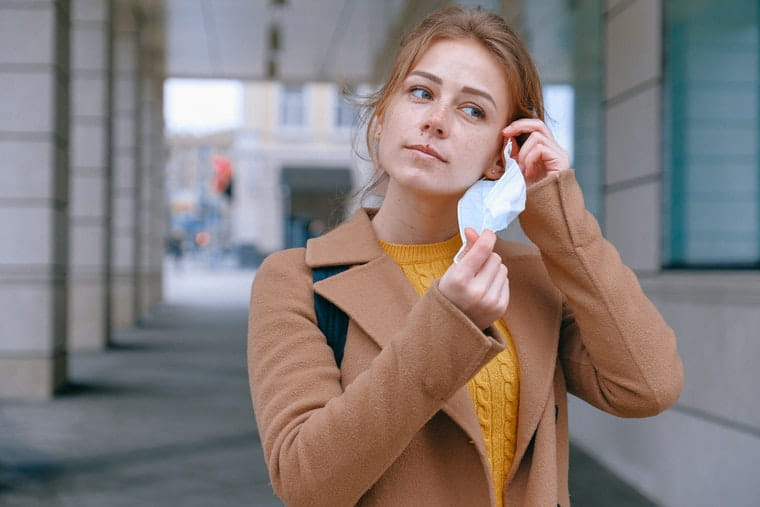
Most masks have elastic straps which hook easily around the ears to keep them secure. If you’ve gone for a scarf or bandana, make sure you tie it at the back of your head to keep it in place. Then when removing, wait till you’re outside the station and take it off using the elastic straps if it’s a mask or unwrap from the back if it’s a scarf, making sure not to touch your face.
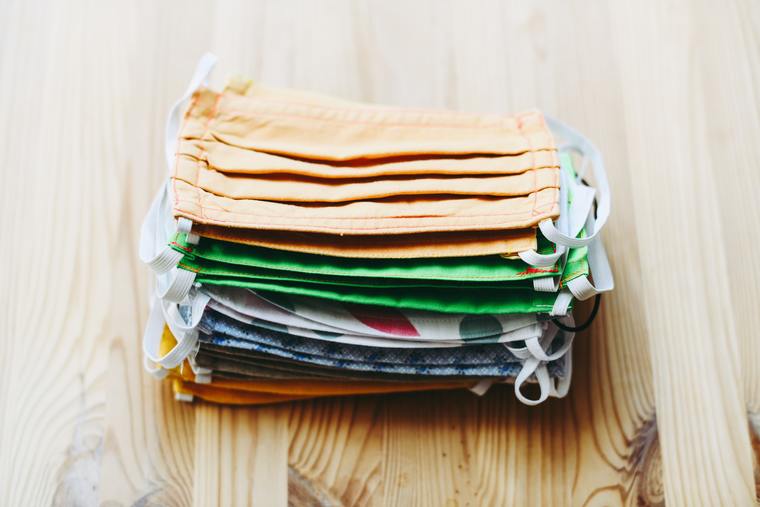
If you’re handy with a needle and thread, you might want to try making your own face covering! It’s an affordable way to ensure you stay stocked up, plus it gives you the chance to personalise them with printed fabrics.
You’ll find numerous guides online on how to make your own mask, however we recommend that you:
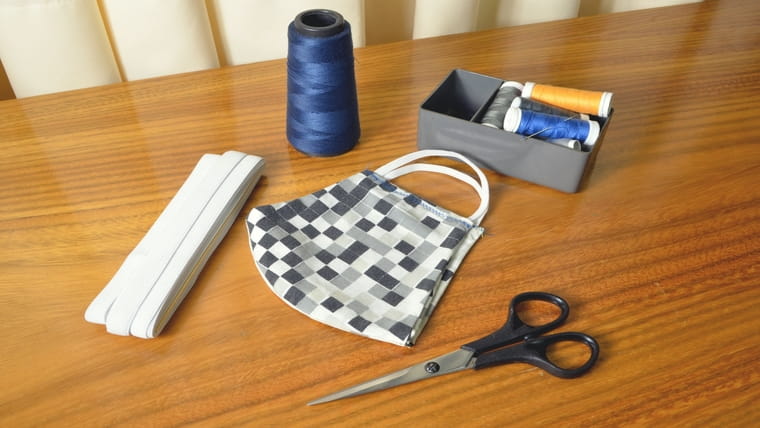
You may notice some people on your train who are not wearing a mask. This doesn’t necessarily mean they’re ignoring the rules. Some people may be exempt from wearing them because:
They’re under the age of 11 – it’s not a requirement in the UK for kids under the age of 11 to wear a mask. Note that in Scotland, only children under the age of 5 are exempt.
They have a medical condition – those who suffer from severe respiratory symptoms and may find it difficult to breathe with a mask on are generally exempt.
They have a physical and mental disability – some people may find it highly distressing to wear a mask or be unable to put one on/take it off.
They’re someone who relies on lip reading for communication – if you’re travelling by rail as a companion or helper to someone who needs to lip read, you don’t have to wear a mask.
They’re eating or drinking – need a sip of water or a bite to eat on the train? You’re allowed to remove your mask to do this as long as you put it back on as soon as you’re finished.
Whether you’ve been on one of our trains recently or you’re travelling on one very soon, it’s completely natural to feel a bit nervous. There’s no need to be though, especially if you’re staying aware and wearing a face mask but we are also doing everything we can to keep you safe too. This includes:
When it comes to face masks, we’re following the UK government guidelines and have made it compulsory to wear them on all of our services. If you don’t, you could face a fine of up to £100 from the British Transport Police unless you're exempt.
So, keep yourself and others around you protected by wearing a face mask and following our travel safety guidelines. Uncertain about something during your journey? Our colleagues are on hand at stations and onboard your train to help, and to make sure you get your chosen service and don’t have to queue at the station, buy your ticket online.
Don’t miss out
Get the latest offers, news & travel inspiration